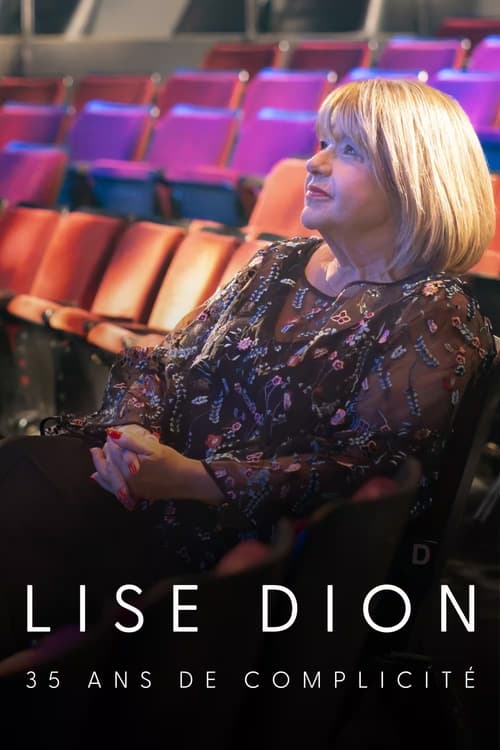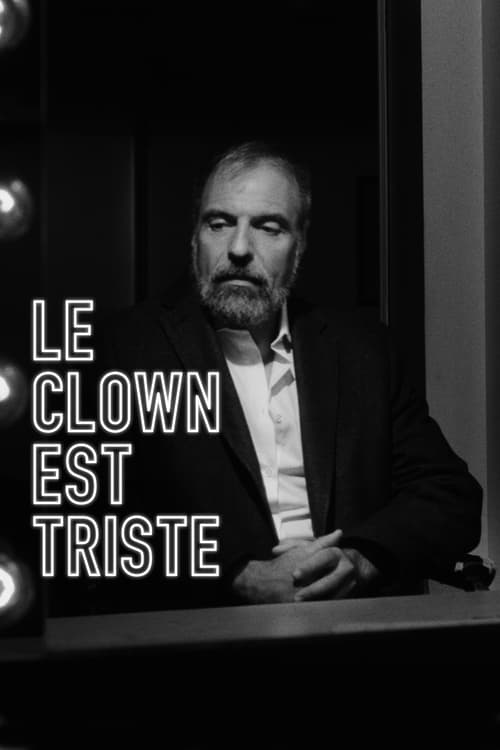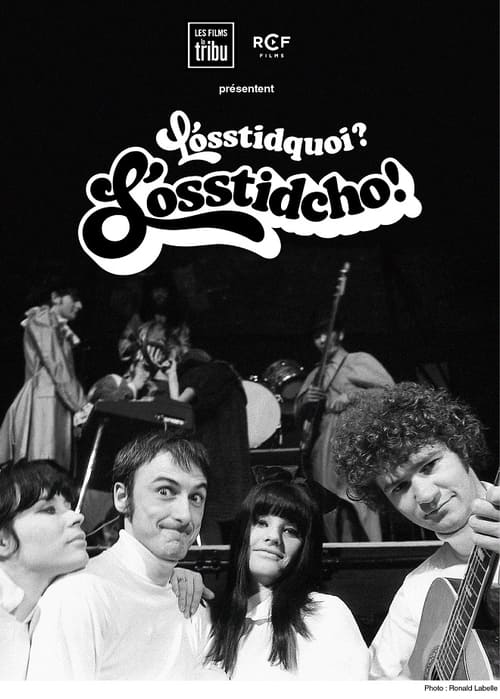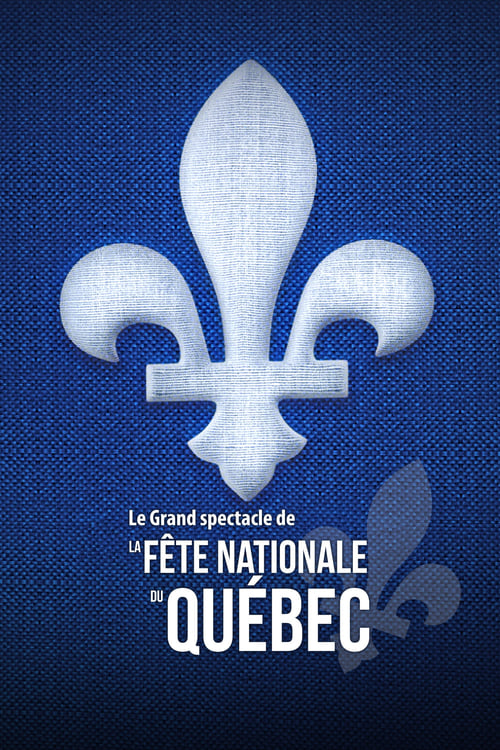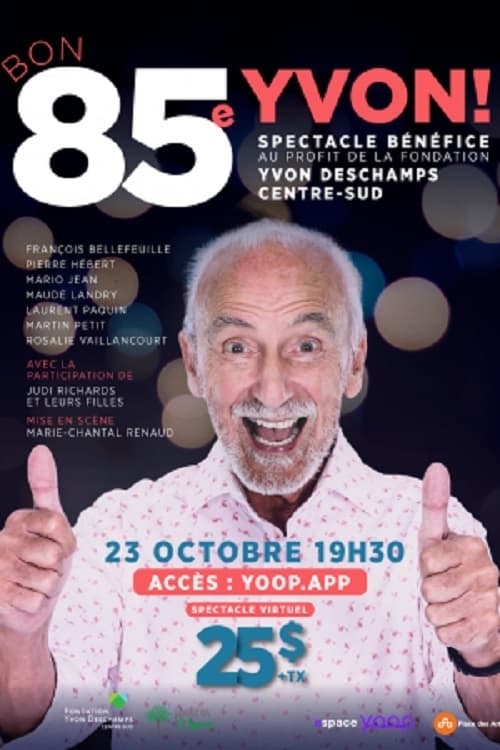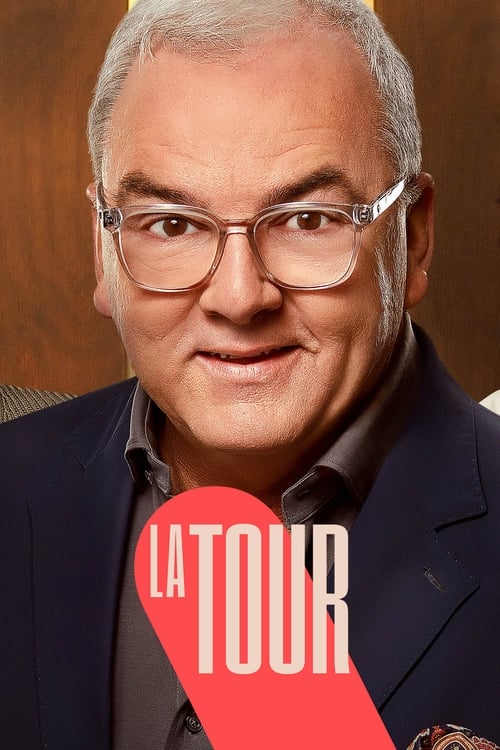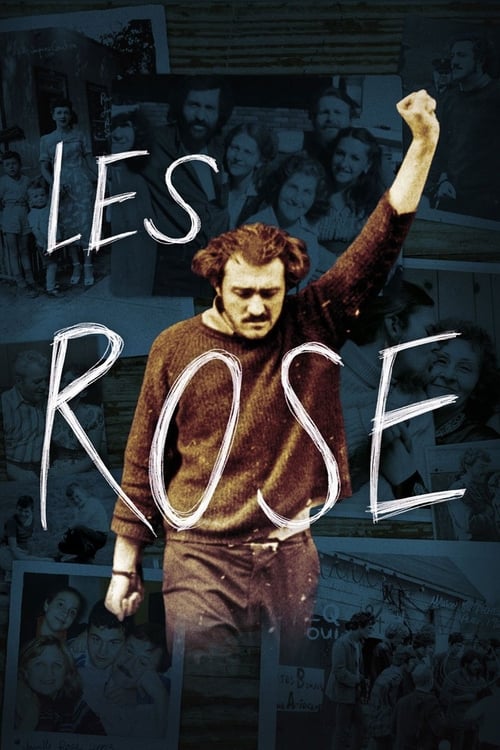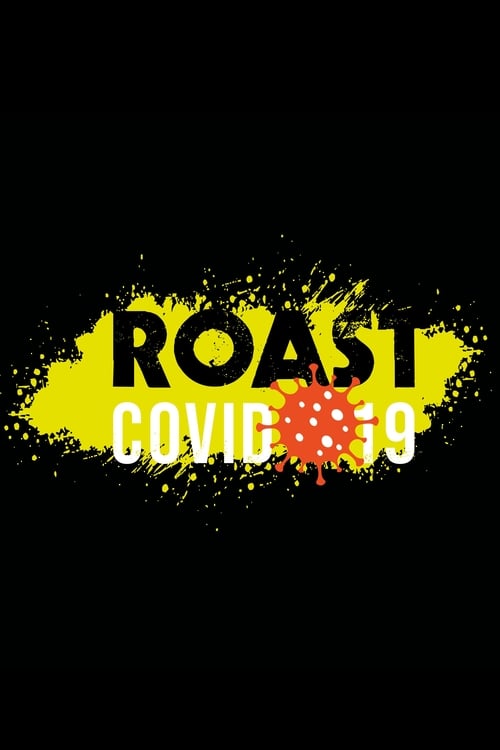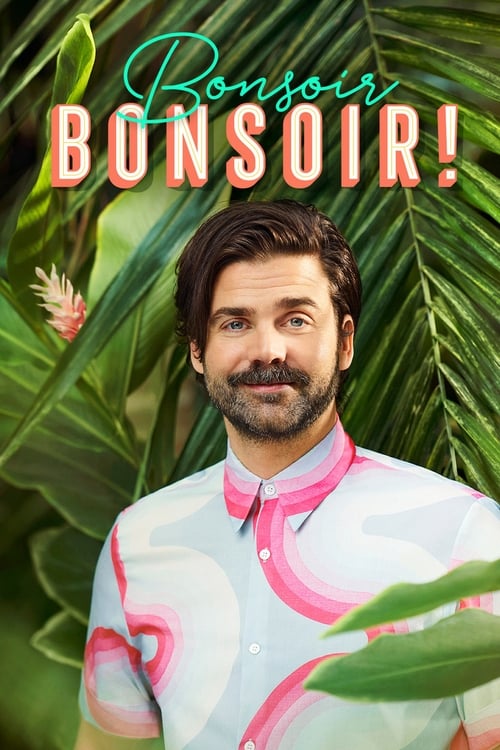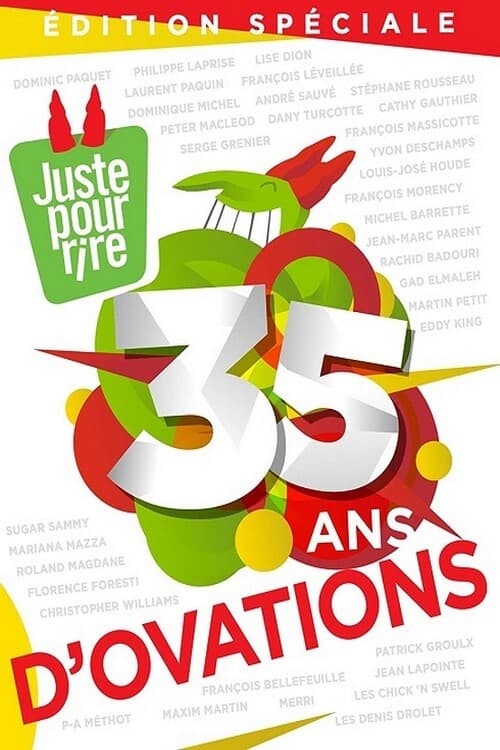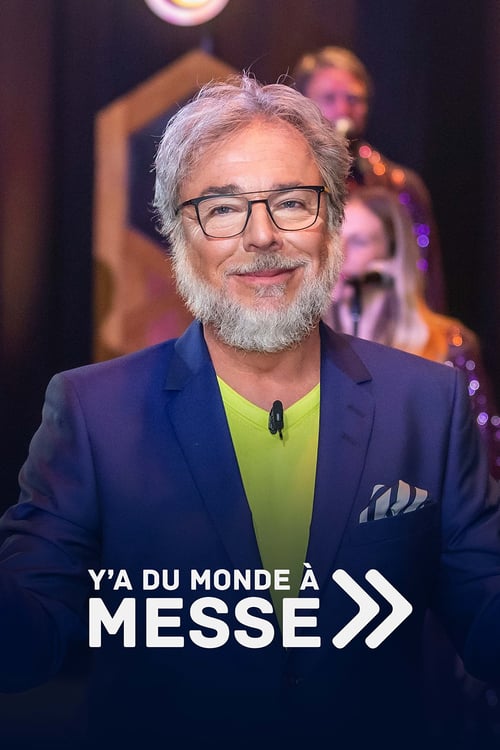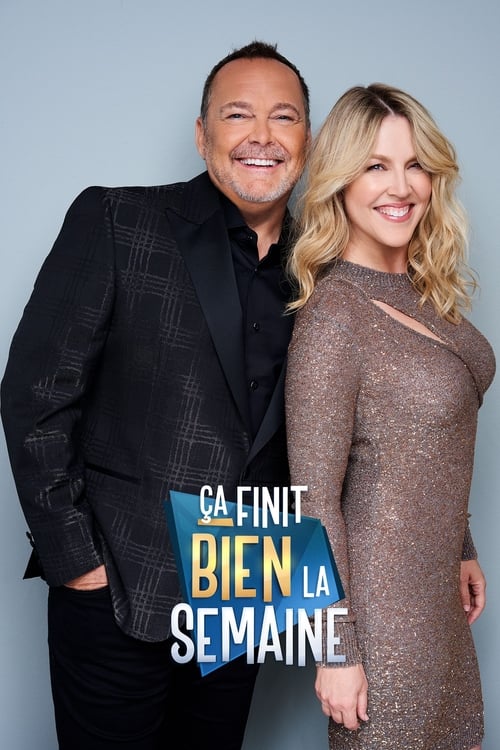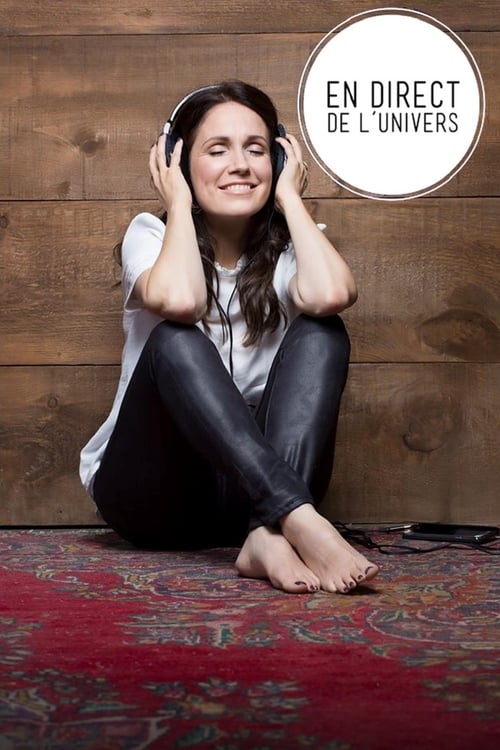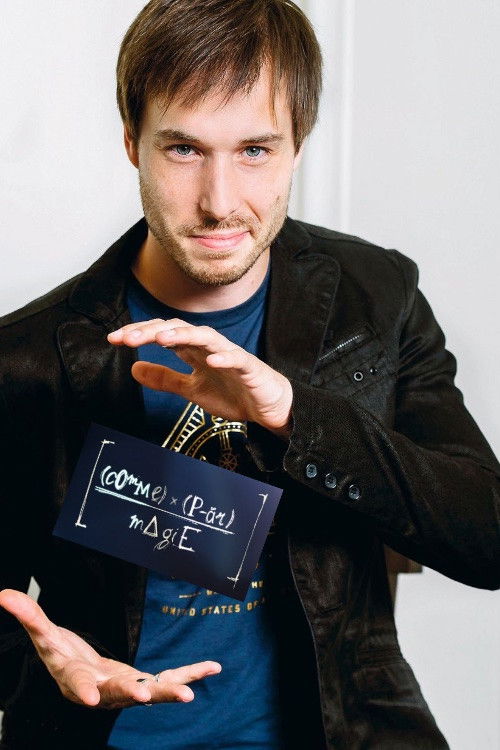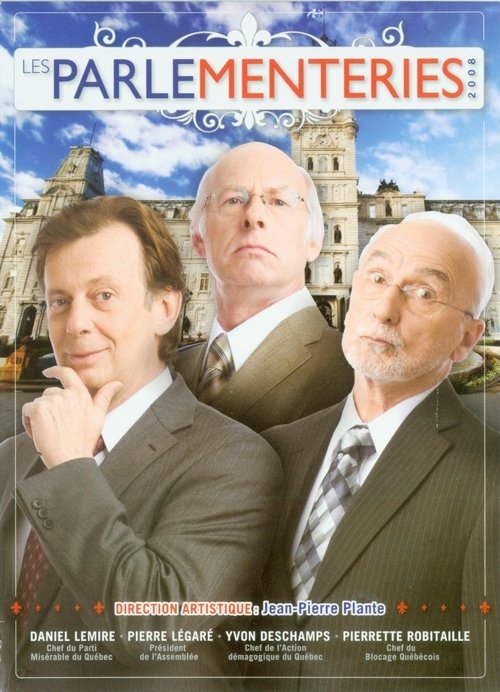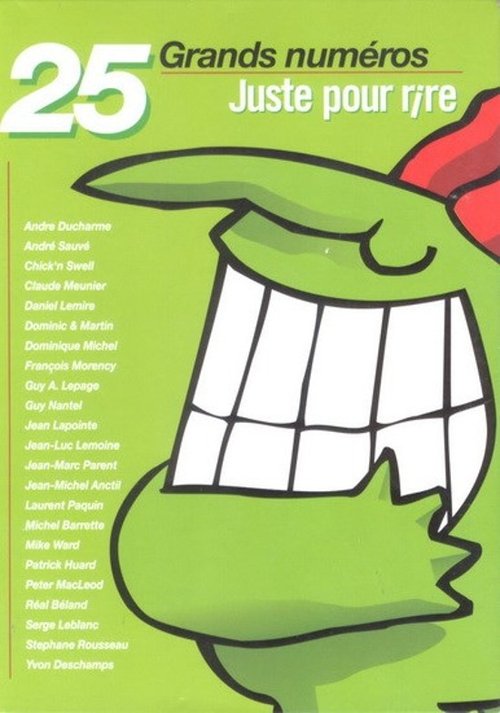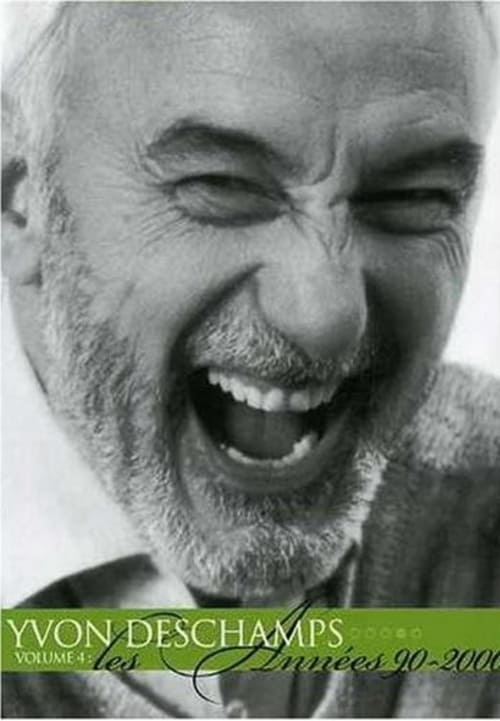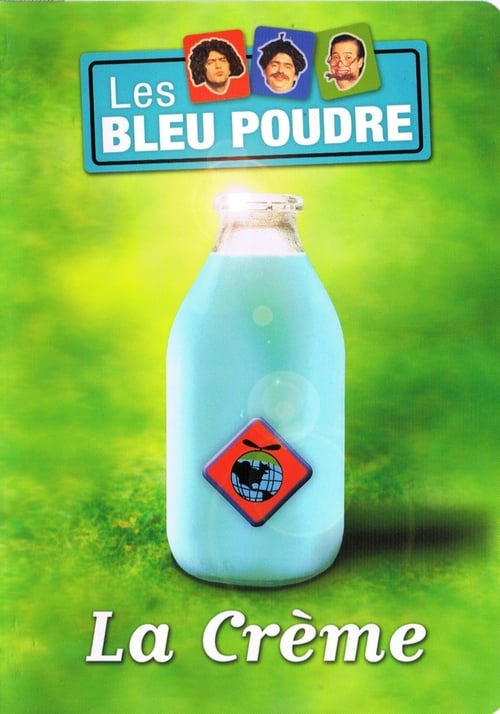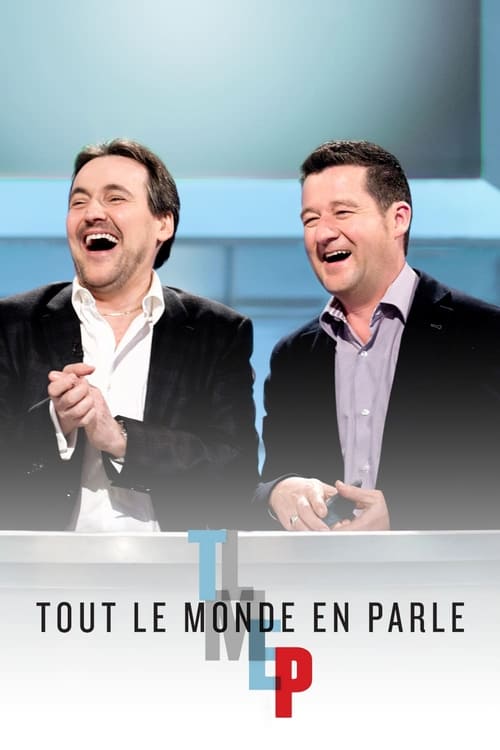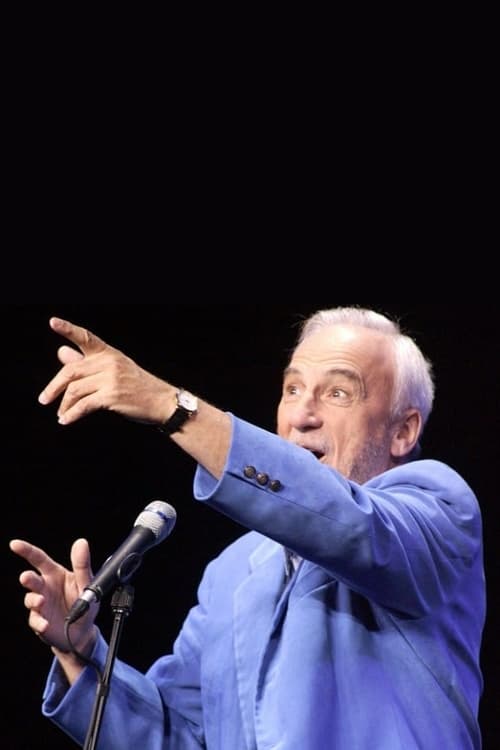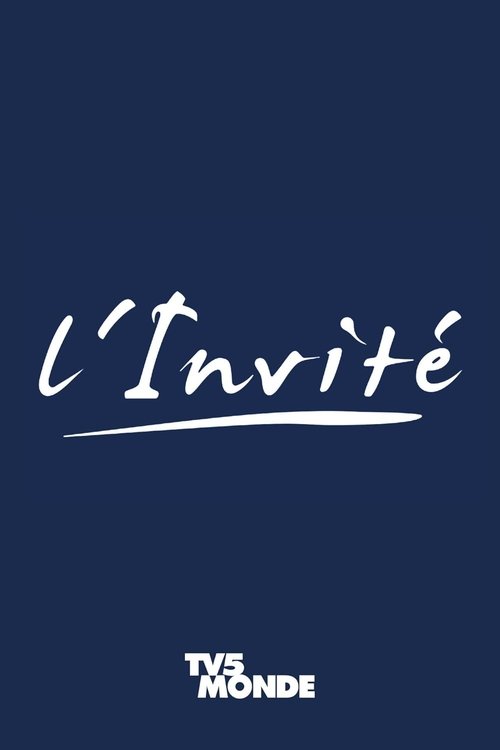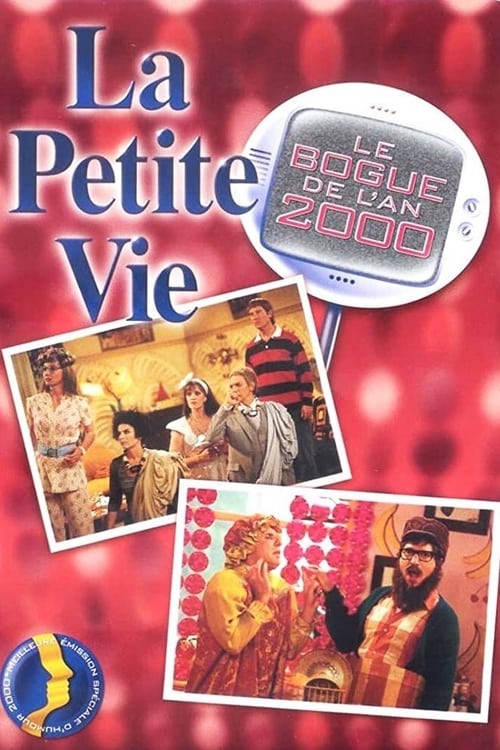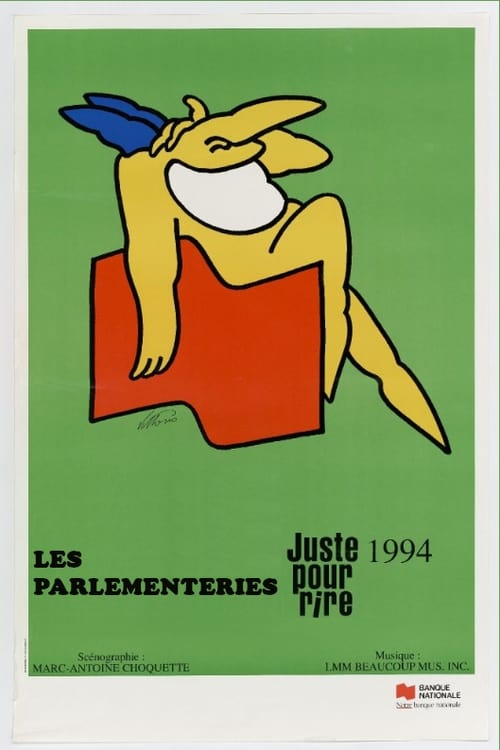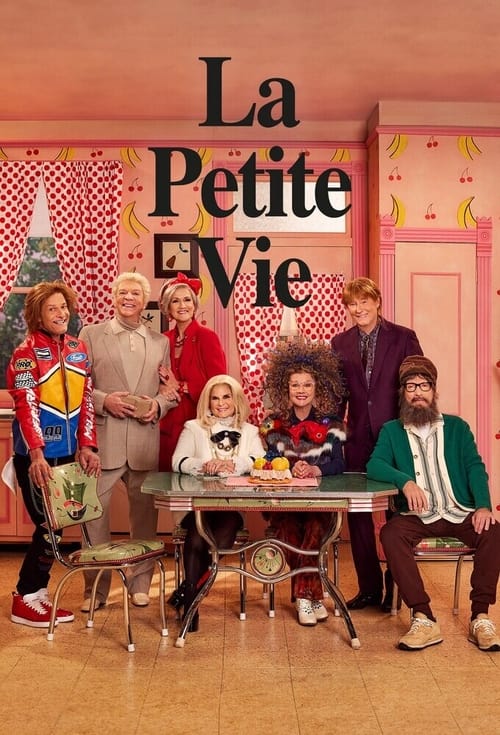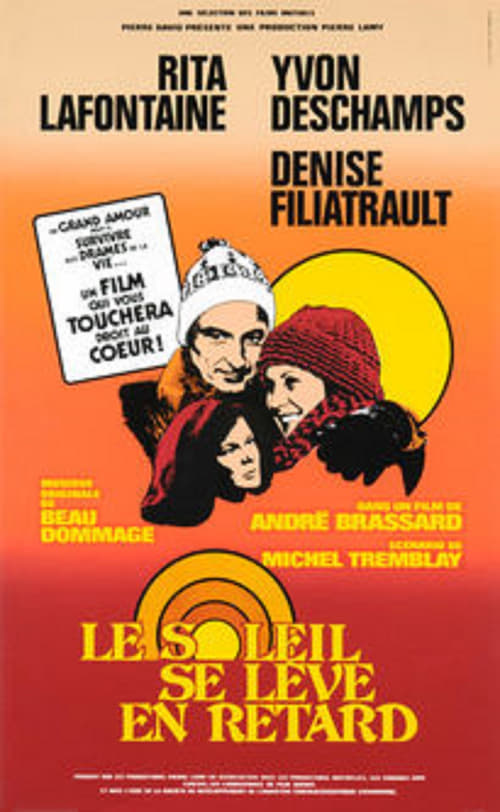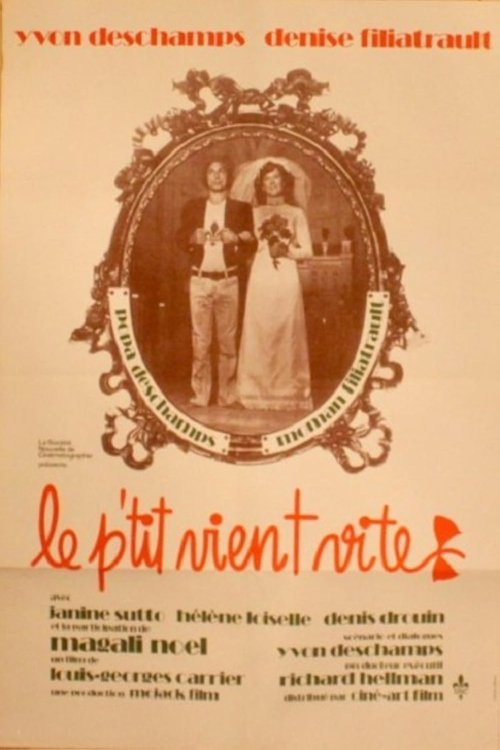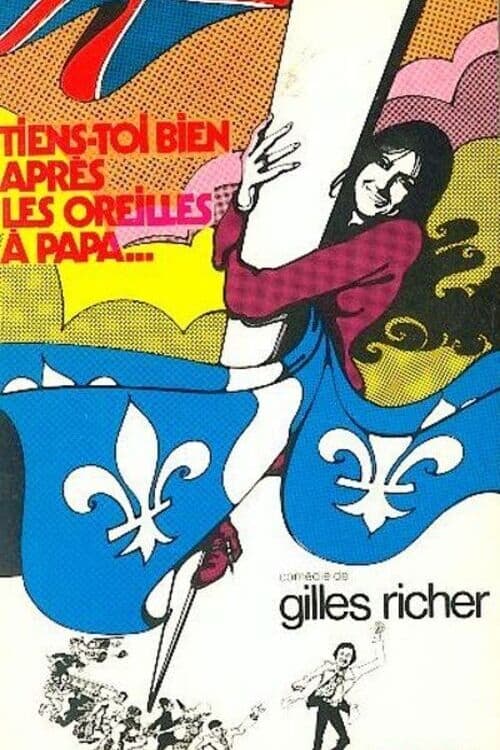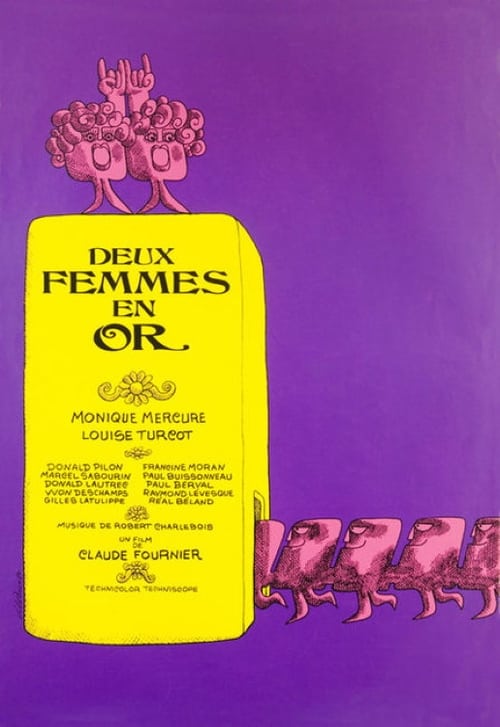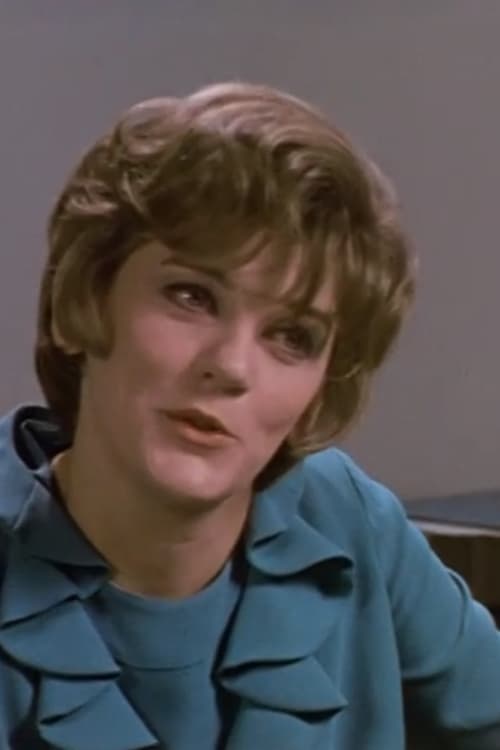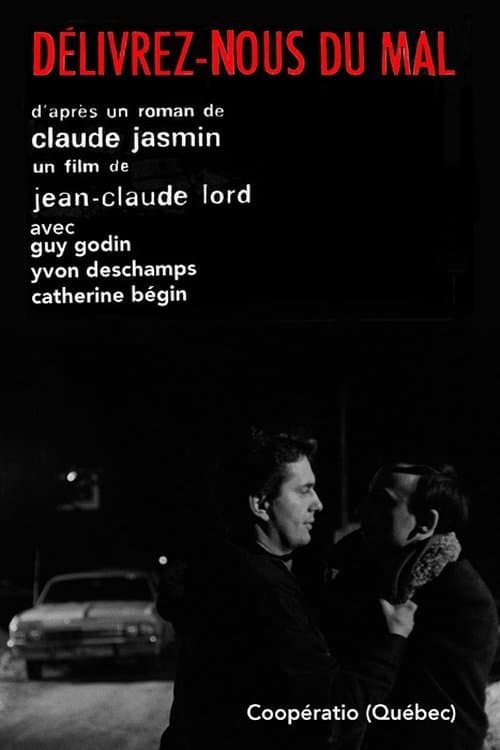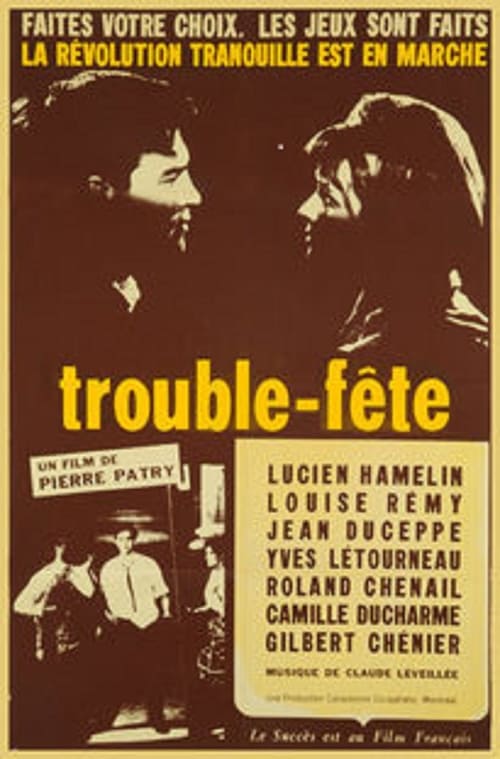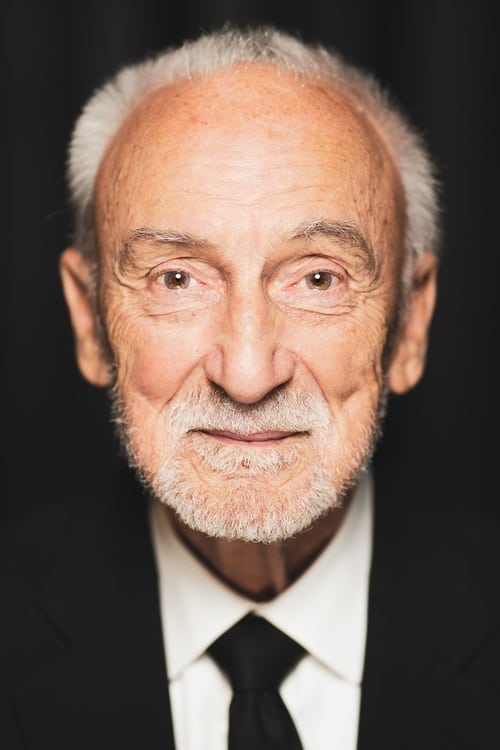
Yvon Deschamps
Yvon Deschamps (born July 31, 1935, in Montreal, Quebec) is a Quebec author, actor, comedian and producer best known for his monologues. His social-commentary-tinged humour propelled him to prominence in Quebec popular culture in the 1970s and 1980s. A long time comedian and still active, Deschamps is now perceived as one of the greatest in Quebec history. Yvon Deschamps was born in Montreal's working-class Saint-Henri district. He left school in 1951, after Grade 11, and in 1953 found work in the record library at Radio-Canada's new television service. It was at Radio-Canada that Deschamps discovered the performing arts; after attending a boulevard theatre piece starring Georges Groulx and Denise Pelletier, he added a taste for the theatre, and enrolled in acting classes with François Rozet and Paul Buissonneau. He took the stage for the first time in 1957 at the Théâtre universitaire canadien, playing Pylade in a production of Jean Racine's Andromaque. In 1959, Deschamps was part of La Roulotte, Paul Buissonneau's travelling children's theatre. The following year he married Mireille Lachance (the two would divorce in 1967). In 1961 he became friends with Claude Léveillée, becoming his drummer, even though the man had actually never played the drums before. In 1963 he formed a company with Léveillée and several other artists at Buissonneau's Théâtre de Quat'Sous. In 1965 he played his first film role in Jean-Claude Lord's Deliver Us from Evil (Délivrez-nous du mal), although the film was not released theatrically until 1969. That same year Deschamps left his short career as a musician behind and opened Le Fournil, a restaurant in Old Montreal, followed by Saint-Amable in 1966. Both would end up bankrupt a few years later, but while they were open Deschamps hosted his Boîte à Clémence, a boîte à chanson hosted by Clémence DesRochers, participating in the Le monde sont drôles (People are Funny) and Sois toi-même(Be Yourself) shows which opened there in 1967. The latter played a special role in his career, because that is where the Yvon Deschamps "character" and his "good boss" role appeared for the first time:) In the winter of 1968, finding himself broke and occasionally sleeping on friends couches with new girlfriend Judi Richards, Deschamps took a job at the Quat'Sous offered by his friend Buissonneau. Buissonneau had just lost Michel Tremblay's celebrated play Les Belles-sœurs to the Rideau Vert theatre, and was looking for a play to finish the season with. Deschamps proposed a musical review to Louise Forestier and Robert Charlebois with Mouffe on board, and very little rehearsal time. The result would be known as L'Osstidcho (L'hostie de show or "The freaking show"), a show that would revolutionize Quebec song. Inspired by Arlo Guthrie's Alice's Restaurant, Deschamps made his first real monologue part of the review when Robert Charlebois did not want to learn his lines for the dialogue (he decided to strum the guitar instead). In Les unions, qu'ossa donne? (Unions, What are they Good For?), Deschamps played a naïve worker extolling the great generosity and good-heartedness of his boss, making it clear that reality was not quite so rosy. ... Source: Article "Yvon Deschamps" from Wikipedia in English, licensed under CC-BY-SA 3.0.
Peran Terkenal
Tentang
Stage Name: Yvon Deschamps
Peran: Acting
Reputasi: 0.0975
Jenis Kelamin: Laki-laki
Tanggal Lahir: 1935-07-31
Lokasi Lahir: Montréal, Québec, Canada
